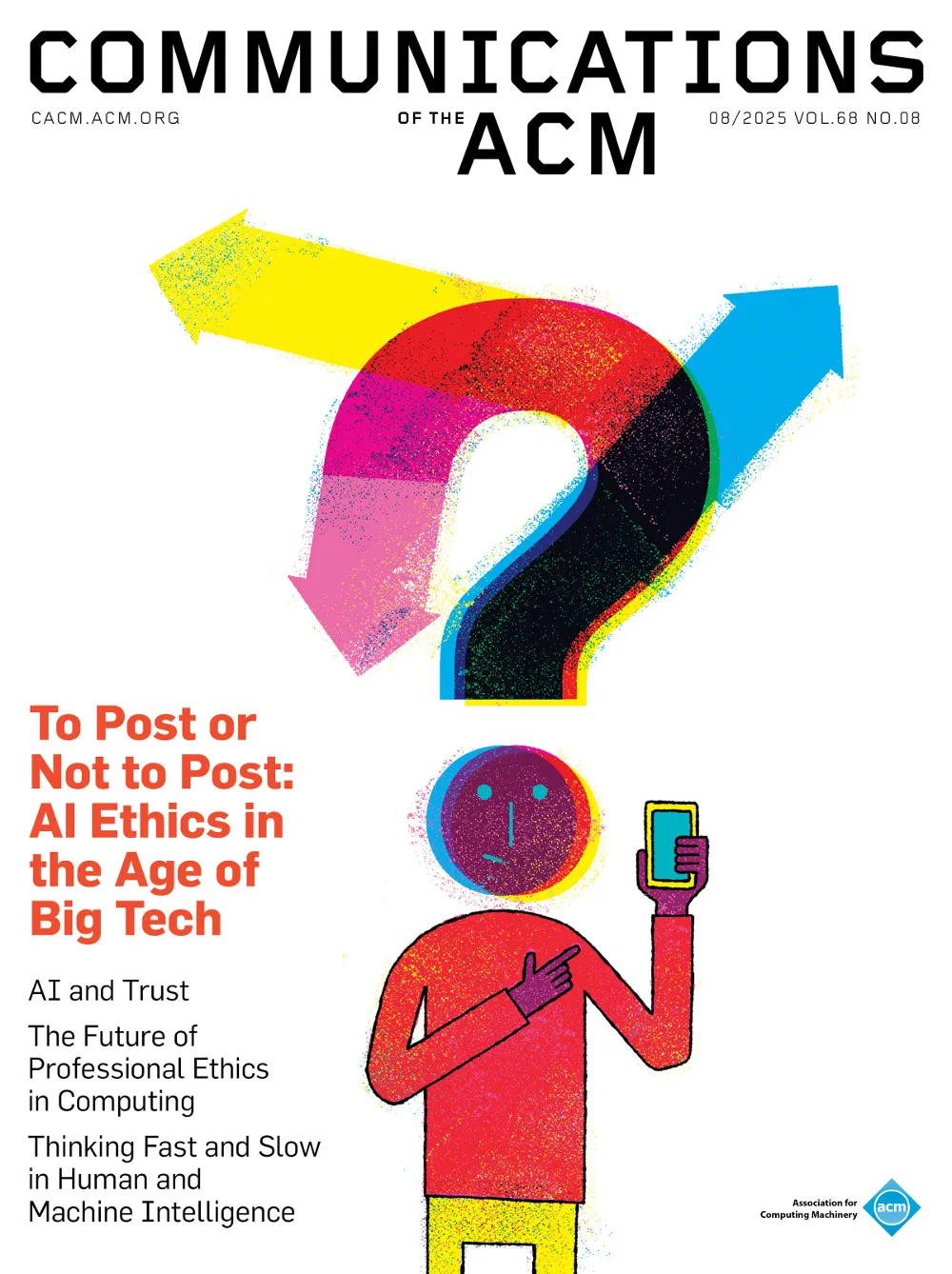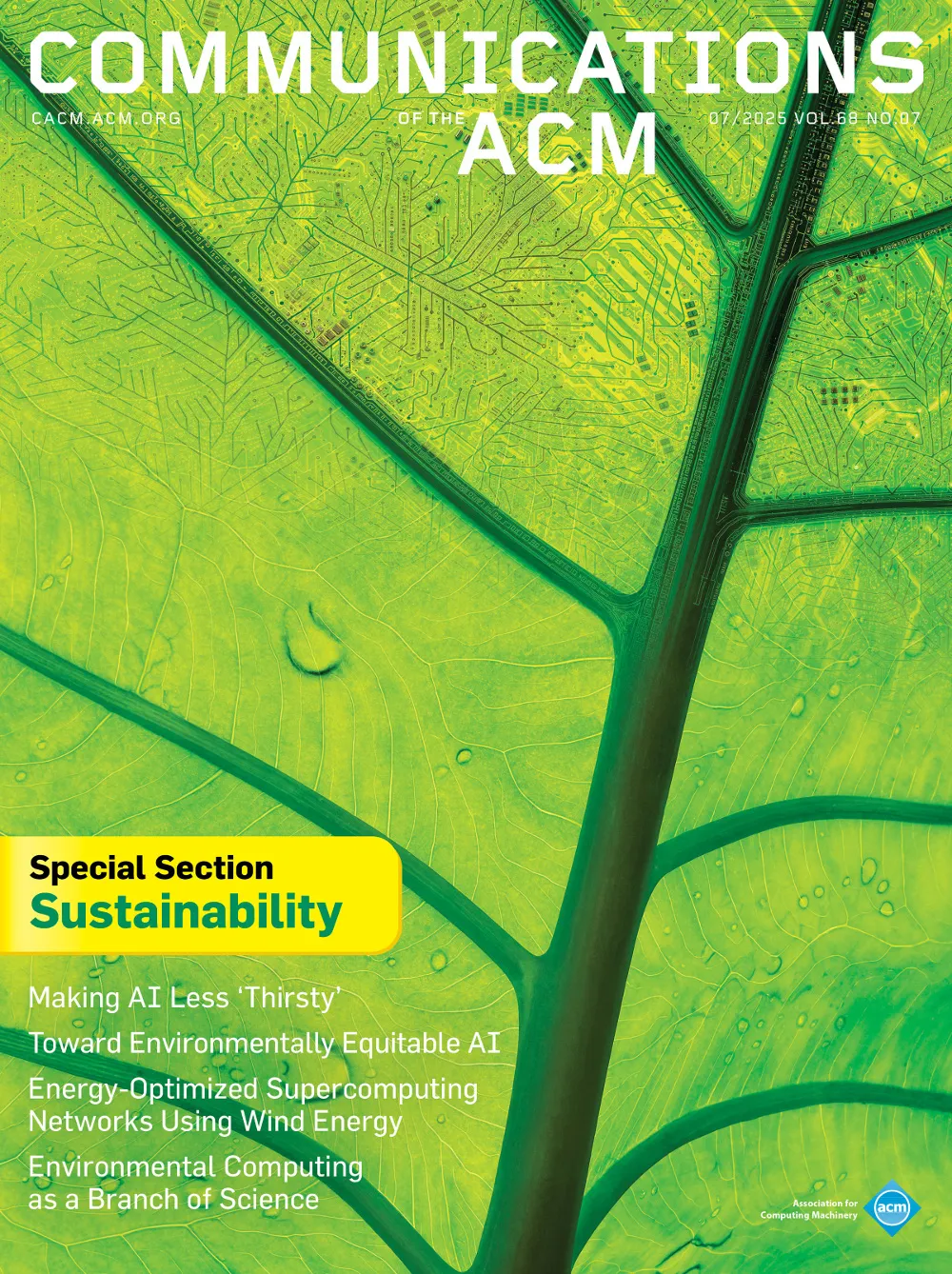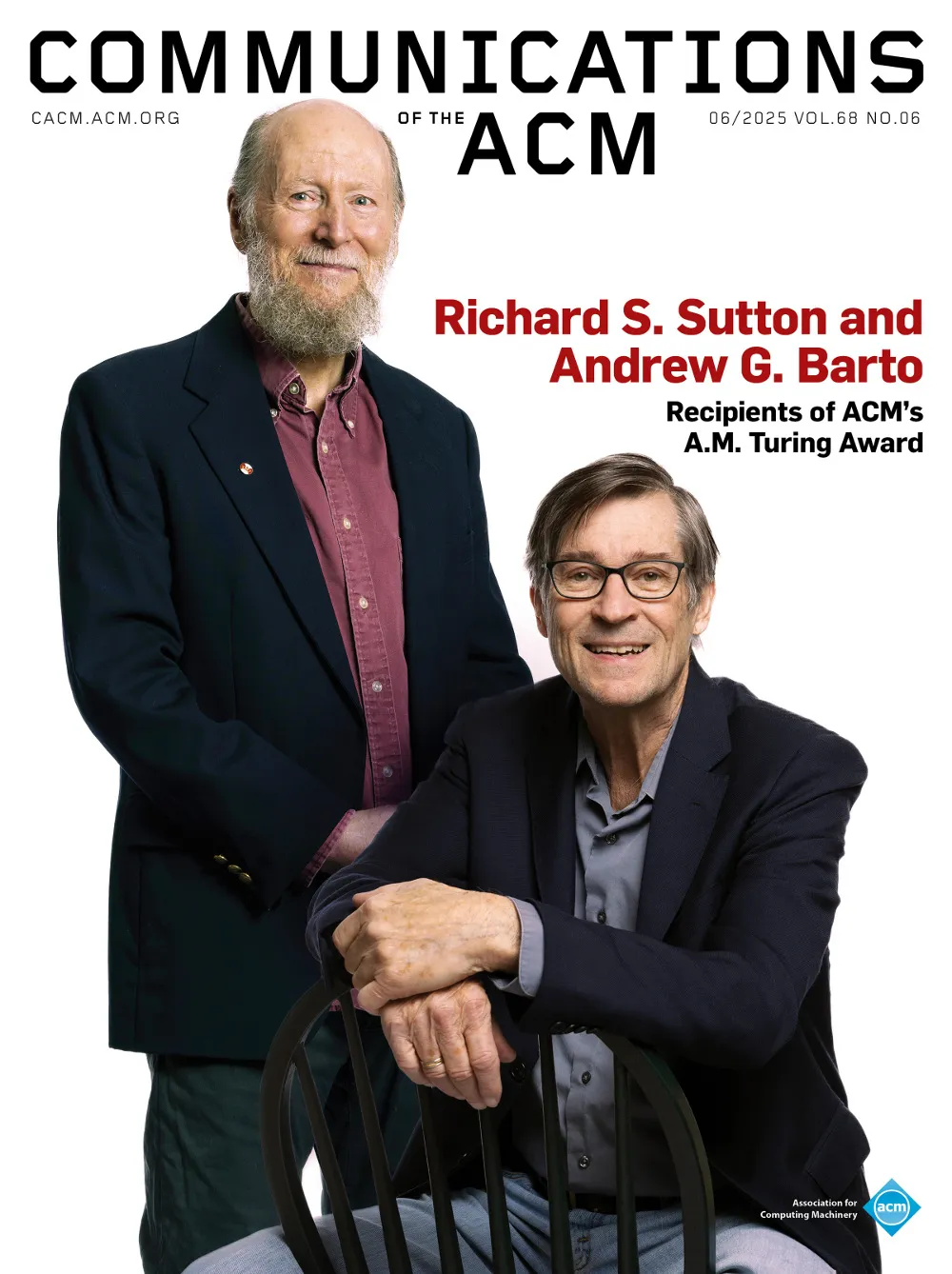February 1987 - Vol. 30 No. 2

Features
Computer system reliability and nuclear war
Given the devastating consequences of nuclear war, it is appropriate to look at current and planned uses of computers in nuclear weapons command and control systems, and to examine whether these systems can fulfill their intended roles.
The ACM SIGOPS Workshop on Accommodating Heterogeneity was conducted in December 1985 in Eastbound, Wash., as a forum for an international group of fifty researchers to discuss the technical issues surrounding heterogeneous computing environments.
COBOL on a PC: a new perspective on a language and its performance
A comparison of Cobol performance on the PC AT Enhanced versus an IBM 370 mainframe suggests that high-quality PC compiler implementations—combined with the new language features of the Cobol 85 Standard—are improving the PC environment for Cobol to the point where serious applications can now be developed and debugged on the PC, either to be run on the PC itself, or for eventual uploading to a mainframe.
An improved parallel thinning algorithm
An iterative thinning algorithm reduces a two-dimensional pattern of strokes to its skeleton by removing layers of edge elements until each stroke has unit thickness. A parallel solution requires the independent calculation of new values for each iteration, using a window of nearest neighbors for each element. The traditional need for at least two subiterations can be avoided by modifying the window to permit the availability of intermediate calculations. Timings on an ICL DAP (an array processor) indicate an improvement of over 40 percent. Additional refinements are suggested to reduce noise in the final skeleton.
Systolic algorithms to examine all pairs of elements
Four methods to solve the all pairs examination problem are presented. The first two methods are based on the fold-over scheme. The remaining two methods are adopted from some parallel sorting algorithms. All of these approaches can be implemented on a linear systolic array.



